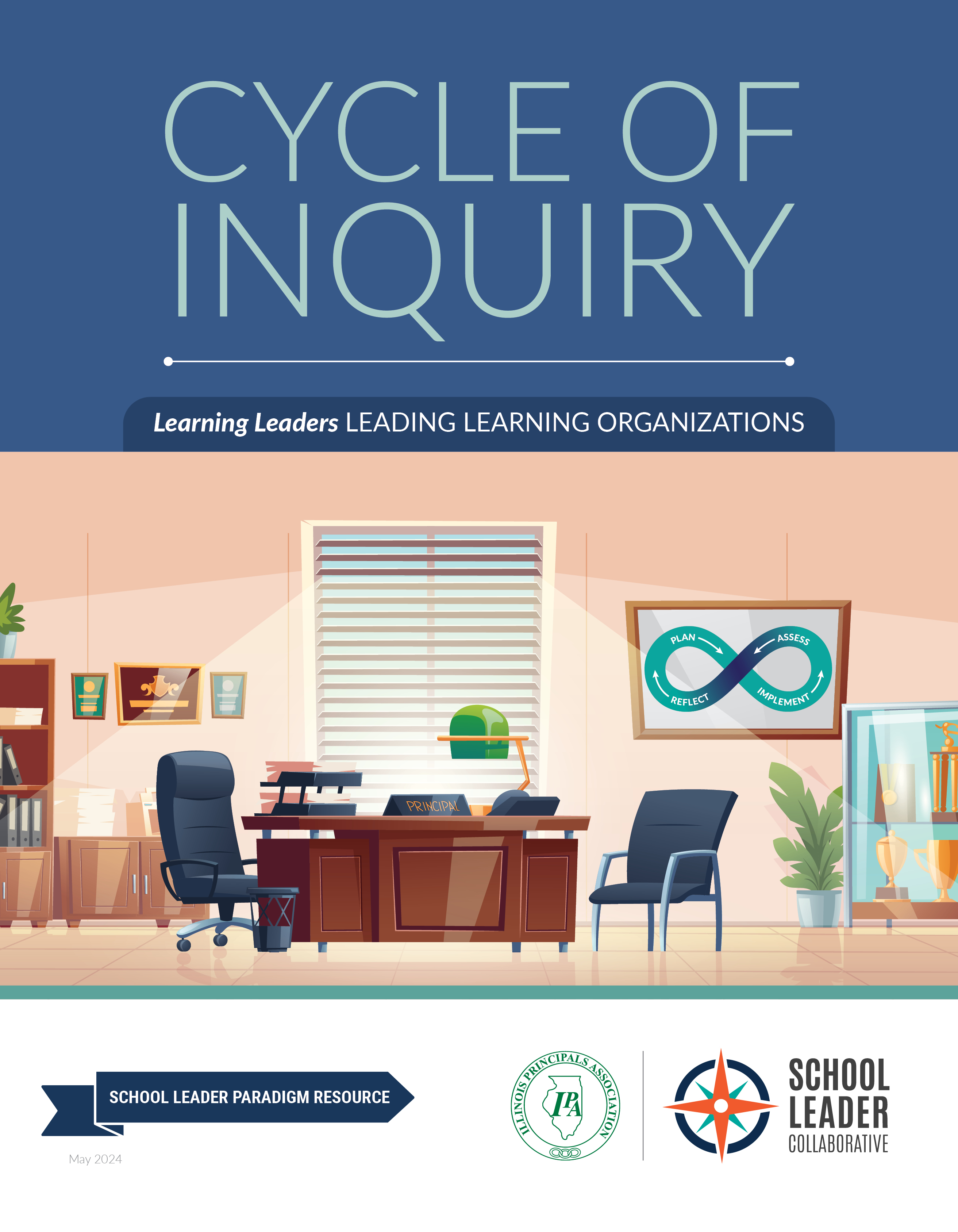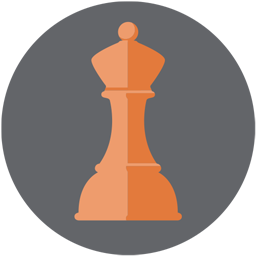
School leaders need a clear understanding of what it means to be learning leaders leading learning organizations and a more formalized approach to learning and continuous improvement. The Cycle of Inquiry is an excellent mechanism for both individuals and organizations to utilize for unlearning, learning, and relearning to foster continuous growth and improvement. At the individual level, it can be employed for self and professional growth. For schools, districts, and other larger organizations, inquiry can be a powerful continuous improvement tool. The Cycle of Inquiry is a mechanism to make the School Leader Paradigm a living, breathing document, helping school leaders and their schools improve their practice.
The Cycle of Inquiry is a cyclical approach to problem solving like other published continuous improvement models. Central to the concept of continuous improvement is the definition of a problem of practice (PoP) which results in an ongoing effort to improve performance. The inquiry cycle is broken into four stages: (1) plan; (2) implement; (3) assess; and (4) reflect.
When inquiry is embedded into the daily lives of school leaders, it becomes a powerful tool for continuous personal and professional development. Instead of the typical “sit and get” professional development, inquiry engages leaders in their learning by examining their own practices and the workings of their own schools.
Below, you can download a complete copy of the Cycle of Inquiry. Additionally, the various cycle of inquiry tools found in the appendices are available in separate fillable PDF files. Please contact us here at the IPA if you have any questions or want to learn more about the Cycle of Inquiry.
 IPA Members Only
IPA Members OnlyAre you already a member? Try logging in.
Learning Leader Resources
Learning Organization Resources







 Aspiring
Aspiring Launching
Launching Building
Building Mastering
Mastering






 Order Copies
Order Copies